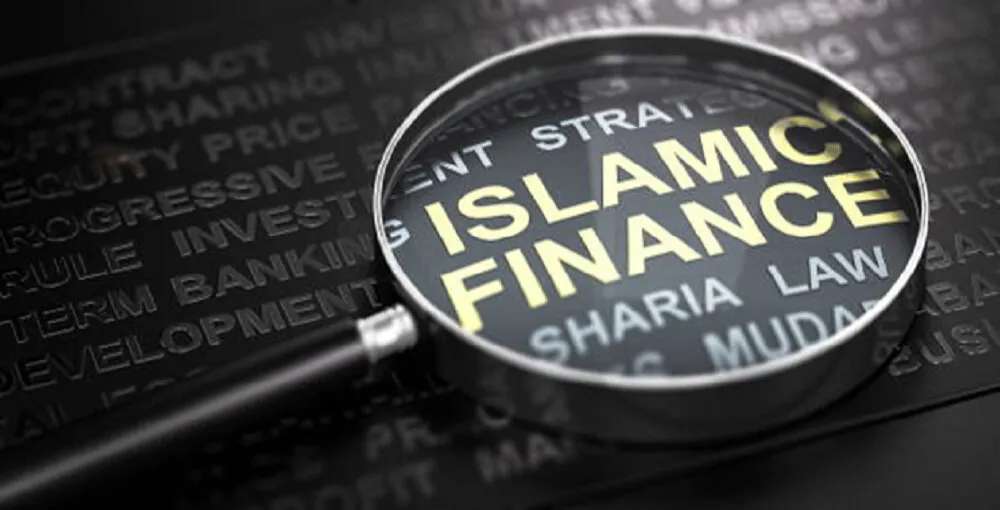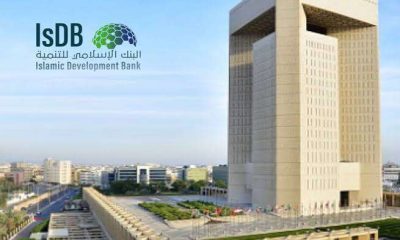Business
Global Islamic finance assets to hit $9.7trn by 2029 – LSEG, ICD report

The global Islamic finance industry is projected to reach US$9.7 trillion by 2029, growing at an average annual rate of 10 per cent, according to the 2025 Islamic Finance Development Indicator (IFDI) report released on Thursday by the London Stock Exchange Group (LSEG) in collaboration with the Islamic Corporation for the Development of the Private Sector (ICD), a member of the Islamic Development Bank (IsDB) Group.
The report, which assesses the progress of Islamic finance across 140 countries, ranks Malaysia as the leading global market, followed by Saudi Arabia and the United Arab Emirates (UAE). Other countries in the top 10 include Indonesia, Pakistan, Kuwait, Bahrain, Iran, Qatar, Türkiye, and Bangladesh, representing the most mature and diversified Islamic finance hubs worldwide.
Governance emerged as the strongest-performing component globally, reflecting significant advances in regulatory frameworks, transparency, and disclosure standards.
Speaking on the findings, Mustafa Adil, Head of Islamic Finance at LSEG, said the future of the industry will be shaped by cross-border collaboration, regulatory innovation, and strategic national initiatives.
“Based on current trajectories, global Islamic finance assets are projected to reach US$9.7 trillion by 2029, growing at an average annual rate of 10%. This underscores Islamic finance’s vital role in supporting sustainable economic growth and financial inclusion globally,” Adil said.
Khalid Khalafalla, Acting Chief Executive Officer of ICD, noted that the IFDI has become a key benchmark for policymakers and market participants seeking to advance inclusive and resilient Islamic finance ecosystems.
“The IFDI reflects the sustained efforts of governments and institutions to create an inclusive and resilient Islamic finance ecosystem that supports real economies and aligns with global development objectives,” Khalafalla stated. “These goals are intrinsically linked to ICD’s mission to foster private sector development and advance Islamic finance across its member countries.”
Industry resilience and ESG growth
The report highlights the resilience of the global Islamic finance sector despite persistent macroeconomic challenges. The global sukuk market surpassed US$1 trillion in outstanding value in 2024, with total issuance rising 11 per cent year-on-year to US$254.3 billion.
Sustainability-linked sukuk also recorded strong growth, with environmental, social, and governance (ESG) sukuk exceeding US$50 billion in outstanding value and US$15.4 billion in new issuances in 2024, underscoring the growing integration of sustainability principles into Islamic finance.
Islamic banking remains the dominant segment, accounting for 72 per cent of total industry assets, with operations in 84 markets worldwide. The sector’s expansion is particularly evident in sub-Saharan Africa, where 104 Islamic banks and windows now operate across 28 countries.
The three largest markets – Iran, Saudi Arabia, and Malaysia – collectively account for US$4.3 trillion, or 72 per cent of total global Islamic finance assets.
The IFDI, a composite weighted index, evaluates the development of Islamic finance across five key dimensions: Financial Performance, Governance, Sustainability, Awareness, and Knowledge. It offers a comprehensive overview of the industry’s global landscape and serves as a guide for policymakers, regulators, and investors seeking to align growth with Islamic principles.




